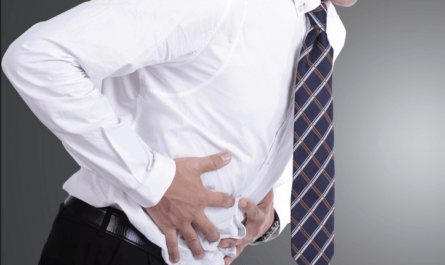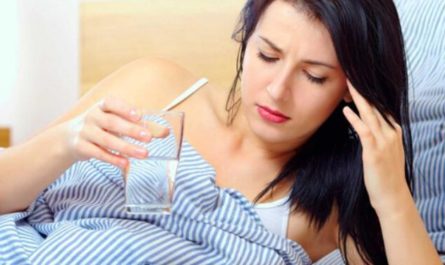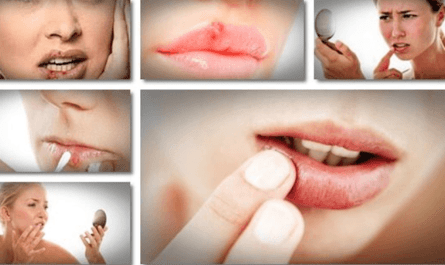Boils, also known as furuncles, are painful, pus-filled bumps that form under the skin. They are caused by bacterial infections, particularly Staphylococcus aureus. Boils can occur anywhere on the body but are most commonly found on the face, neck, armpits, thighs, and buttocks. Dealing with boils can be uncomfortable and frustrating, but natural remedies can help alleviate the symptoms and promote healing. In this article, we will explore 14 natural remedies for boils on the skin.
Symptoms of Boils and Carbuncles
Skin boils usually have small red bumps that resemble pimples with yellow or white pus at the center. These small red bumps typically appear in clusters and cause significant pain when touched. Boils can occur anywhere on the body but are more likely to develop in areas of friction such as the armpits, groin, inner thighs, hairline, buttocks, and neck.
Boils that develop multiple heads are known as carbuncles. Carbuncles form when normal pimples get clogged with puss and bacteria and stay in one place for a long period of time. A carbuncle is a cluster of boils that can cause a deeper and more severe infection. Compared with single boils, carbuncles are usually very painful and more likely to leave a scar.
Carbuncles can exist in various sizes, from pea-sized to golf ball-sized. They may develop rapidly. Your skin may itch before a boil’s appearance, and you might feel tired or sick afterward. If you have a fever or chills, see your doctor as soon as possible.
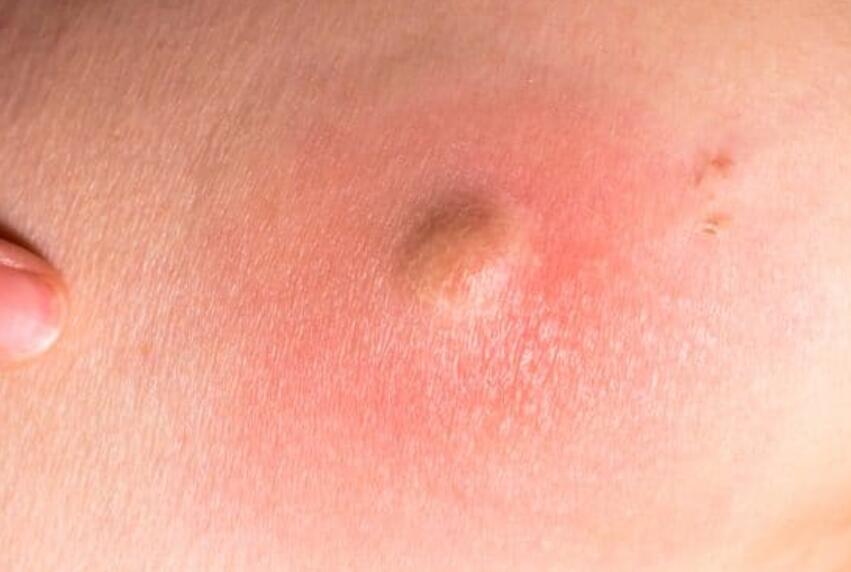
Common Causes of Boils on Skin
Here are some common causes of boils on the skin:
- Bacterial infection: The most common cause of boils is bacterial infection. Bacteria entering the skin through hair follicles can cause an infection.
- Poor hygiene: Insufficient hygiene practices can increase the risk of developing boils. Bacteria thrive in unclean environments and can enter the skin, causing an infection.
- Blocked sweat glands or hair follicles: When sweat glands or hair follicles become blocked or clogged, it can create an environment suitable for bacterial growth, forming a boil.
- Weakened immune system: A weakened immune system can make the body more susceptible to infections, including bacterial infections that cause boils.
- Close contact with infected individuals: Boils are contagious and can spread through direct contact with an infected person or by sharing personal items, such as towels or razors.
- Ingrown hairs: Ingrown hairs can become infected, and form boils, especially in areas where shaving or hair removal is common.
- Skin conditions or trauma: Certain skin conditions, such as acne or eczema, can create an environment conducive to bacterial growth and increase the likelihood of developing boils.
14 Home remedies for boils on the skin
You can use various home remedies to get rid of skin boils.
1. Warm Compress
A warm compress is one of the most effective home remedies for boils. The heat helps to increase blood circulation to the affected area, promoting the formation of a head on the boil.
Simply soak a clean washcloth in warm water, wring out the excess moisture, and place it on the boil for 10-15 minutes several times daily. This can help reduce pain and encourage the boil to drain.
2. Tea Tree Oil
Tea tree oil has potent antibacterial properties, making it a popular choice for treating boils. Its antimicrobial activity helps fight the infection and speed up the healing process.
Dilute tea tree oil with carrier oil, such as coconut oil, and apply it directly to the boil using a cotton swab. Repeat this process a few times daily until the boil improves.
3. Turmeric
Turmeric is a spice commonly used in Indian cuisine and known for its anti-inflammatory properties. It can help reduce swelling and pain associated with boils.
Make a paste by mixing turmeric powder with water or ginger juice. Apply the paste directly to the boil and leave it on for 20-30 minutes before rinsing it. Repeat this remedy twice daily for the best results.
4. Epsom Salt
Epsom salt, also known as magnesium sulfate, can be beneficial in treating boils. It helps draw out toxins and reduce inflammation.
Dissolve a tablespoon of Epsom salt in a cup of warm water and soak a clean cloth in the solution. Place the cloth on the boil for 10-15 minutes, repeating the process several times daily.
5. Garlic

Garlic possesses natural antibacterial properties that can help fight off the infection causing the boil. Crush a few garlic cloves to extract the juice and apply it directly to the affected area.
Cover it with a clean bandage and leave it on for a few hours. Rinse the area with warm water and repeat this remedy daily until the boil heals.
6. Neem
Neem, also known as Indian lilac, has been used for centuries in traditional medicine to treat various skin conditions, including boils.
Its antimicrobial and anti-inflammatory properties can help combat the infection and reduce pain and swelling. Make a paste by grinding neem leaves with water and applying it to a boil. Leave it on for 30 minutes before rinsing it off. Repeat this remedy twice daily.
7. Onion
Onion has antimicrobial properties and can aid in drawing out the infection from the boil. Slice an onion and place a slice directly on the boil.
Secure it with a bandage and leave it overnight. The next morning, remove the onion slice and clean the area. Repeat this remedy daily until the boil comes to a head and drains.
8. Castor Oil
Castor oil has been used for centuries for its healing properties. It can help reduce inflammation, promote blood circulation, and remove toxins from the skin.
Apply a small amount of castor oil directly to the boil and cover it with a clean cloth. Leave it on for a few hours or overnight. Repeat this process daily until the boil improves.
9. Apple Cider Vinegar
Apple cider vinegar is a natural disinfectant that can help kill bacteria and prevent the spread of infection. It also helps balance the pH of the skin, promoting faster healing.
Mix equal parts of apple cider vinegar and water and soak a cotton ball in the solution. Apply it to the boil and secure it with a bandage. Leave it on for 30 minutes before rinsing it off. Repeat this remedy twice daily.
10. Aloe Vera
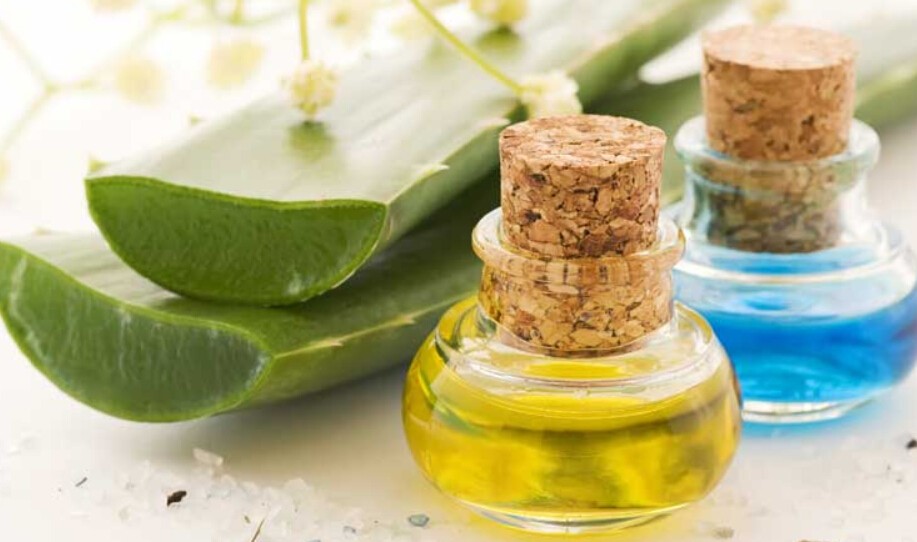
Aloe vera gel is known for its soothing and healing properties. It can help alleviate pain, reduce inflammation, and promote the healing of boils.
Extract fresh gel from an aloe vera leaf and apply it directly to the affected area. Leave it on for 20-30 minutes before rinsing it off. Repeat this remedy several times a day until the boil improves.
11. Witch Hazel
Witch hazel is a natural astringent that can help cleanse the affected area and reduce inflammation. Soak a cotton ball in witch hazel extract and apply it to the boil. Leave it on for 15-20 minutes before rinsing it off. Repeat this remedy several times a day until the boil heals.
12. Honey
Honey has natural antibacterial properties and can help prevent infection and promote healing. Apply a small amount of raw honey directly to the boil and cover it with a clean bandage. Leave it on for a few hours before rinsing it off. Repeat this remedy twice daily.
13. Calendula
Calendula, also known as marigold, has anti-inflammatory and antimicrobial properties that can aid in the healing of boils. Apply calendula cream or ointment directly to the affected area and cover it with a bandage. Repeat this process twice daily until the boil improves.
14. Oregano Oil
Oregano oil has strong antimicrobial properties that can help fight the infection causing the boil. Mix a few drops of oregano oil with a carrier oil, such as olive oil, and apply it directly to the boil using a cotton swab. Leave it on for a few hours before rinsing it off. Repeat this remedy twice daily.
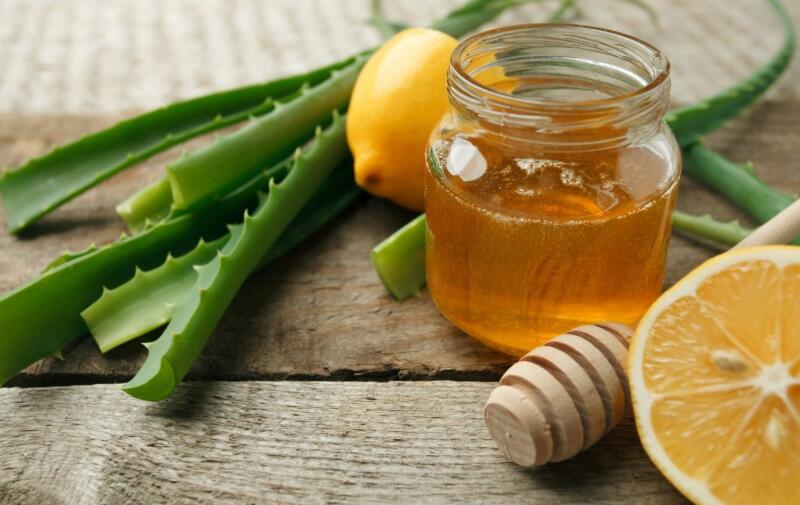
Precautionary Measures to Prevent Boils on Skin
Preventive measures can significantly reduce the risk of boils and promote overall skin health. Here are some effective precautions you can take:
1. Maintain Good Hygiene
Proper hygiene practices play a vital role in preventing the occurrence of boils. Follow these guidelines to maintain good hygiene:
- Wash your hands regularly with soap and water to prevent the spread of bacteria.
- Cleanse your skin thoroughly, especially areas prone to boils, such as the armpits and groin.
- Use a mild antibacterial soap or cleanser to keep the skin clean and free from bacteria.
- Avoid sharing personal items like towels, razors, or clothing, as they can transfer bacteria and increase the risk of infection.
2. Avoid Tight Clothing
Wearing tight clothing can cause friction and irritation on the skin, leading to the formation of boils. Opt for loose-fitting clothes made of breathable fabrics to minimize the risk of skin irritation and infections.
3. Practice Gentle Hair Removal Techniques
Improper hair removal techniques can irritate and create openings for bacteria to enter the skin. When removing hair, whether through shaving, waxing, or using depilatory creams, follow these tips:
- Always use a clean and sharp razor to minimize the risk of infection.
- Shave in the direction of hair growth to reduce skin irritation.
- Apply a moisturizing lotion or cream after hair removal to soothe the skin.
4. Keep Your Living Environment Clean
Maintaining a clean and healthy living environment is essential in preventing the spread of bacteria. Here are some key steps to follow:
- Regularly clean and disinfect surfaces, especially those frequently touched.
- Wash and change bed sheets, pillowcases, and towels regularly.
- Ensure proper ventilation and maintain a dry environment, as bacteria thrive in damp conditions.
5. Boost Your Immune System
A strong immune system is essential for fighting off bacterial infections. Incorporate these practices into your lifestyle to boost your immune system:
- Eat a well-balanced diet rich in fruits, vegetables, whole grains, and lean proteins.
- Stay hydrated by drinking an adequate amount of water throughout the day.
- Get enough restful sleep to allow your body to recover and regenerate.
- Engage in regular exercise to promote overall health and immune function.
6. Diet and Nutrition for Healthy Skin
Maintaining a healthy diet and proper nutrition can have a significant impact on the health of your skin. Here are some dietary guidelines to promote healthy skin and prevent the occurrence of boils:
- Include antioxidant-rich foods: Antioxidants help protect the skin from damage caused by free radicals. Incorporate fruits and vegetables such as berries, spinach, kale, and tomatoes into your diet.
- Consume foods rich in vitamin A: Vitamin A supports skin health and helps prevent infections. Include carrots, sweet potatoes, and leafy greens in your meals.
- Increase your intake of vitamin C: Vitamin C boosts immune function and promotes collagen production, which aids in wound healing. Citrus fruits, strawberries, and bell peppers are excellent sources of vitamin C.
- Opt for lean proteins: Consuming lean proteins such as chicken, turkey, fish, and legumes provides the necessary building blocks for healthy skin.
- Stay hydrated: Drink adequate water throughout the day to keep your skin hydrated and promote its overall health.
Frequently Asked Questions
1. Can boils be contagious?
Yes, boils can be contagious, especially if they are caused by a bacterial infection. It is important to avoid direct contact with the boil and practice good hygiene to prevent the spread of infection.
2. When should I seek medical attention for a boil?
You should seek medical attention for a boil if it is accompanied by severe pain or fever or does not improve within a week. Medical treatment may be necessary to drain the boil or prescribe antibiotics if the infection is severe.
3. Can I pop a boil at home?
It is generally not recommended to pop a boil at home. Popping a boil can introduce bacteria into the surrounding area and increase the risk of infection.
If the boil develops a white or yellow head and begins to drain on its own, you can gently clean the area and apply a clean bandage. However, it is best to consult a healthcare professional for proper evaluation and treatment.
4. Can I use over-the-counter creams for boils?
Over-the-counter creams may temporarily relieve boils symptoms but are not a substitute for proper medical treatment. If the boil does not improve or becomes more painful, it is advisable to consult a healthcare professional for appropriate treatment options.

